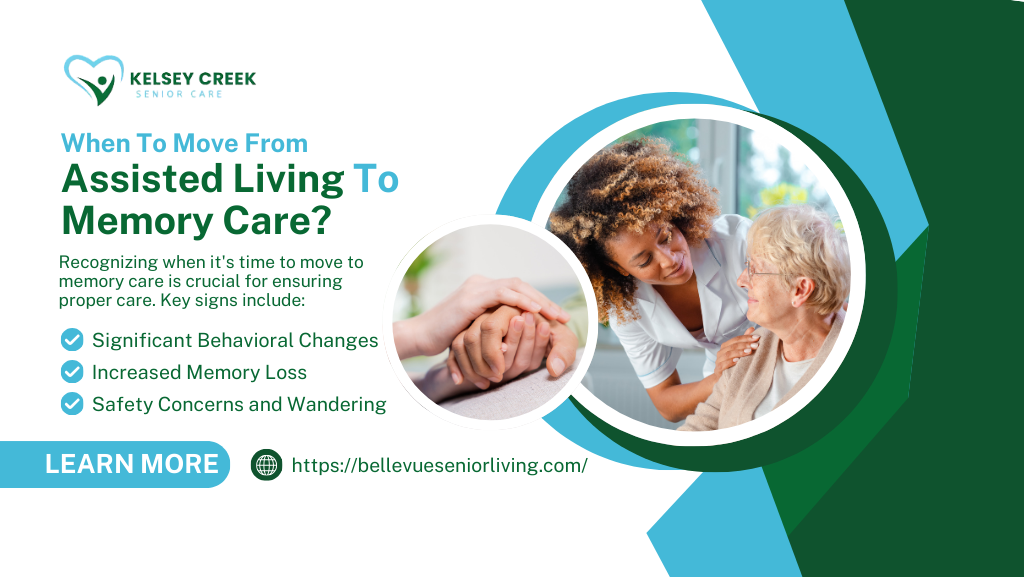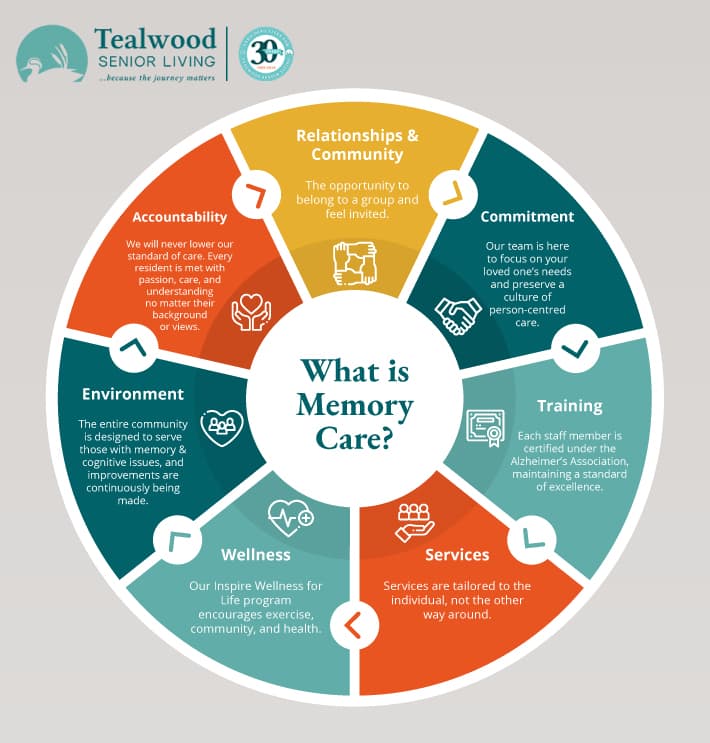Producing a Safe and Supportive Atmosphere for Alzheimer's Treatment
The production of a supportive and risk-free setting for people with Alzheimer's is paramount in enhancing their quality of life. This includes not only physical adjustments within the home, such as lessening hazards and integrating acquainted elements, however likewise the application of organized regimens and meaningful tasks that accommodate their cognitive demands. Recognizing the psychological and mental measurements of treatment can significantly influence their feeling of safety and security and link. Checking out these complex approaches can reveal essential insights right into efficient caregiving strategies that might transform the daily experiences of both caregivers and patients.
Comprehending Alzheimer's Requirements
Often, individuals with Alzheimer's condition exhibit a variety of requirements that call for tailored strategies to care. As the problem proceeds, cognitive decrease manifests in various ways, influencing memory, thinking, and even the ability to do everyday tasks. Caregivers have to identify these developing demands to give proper support and ensure a better of life for those influenced.
One essential facet of recognizing Alzheimer's needs is acknowledging the value of regular and knowledge. People commonly find comfort in recognized patterns, which can reduce anxiousness and confusion. Caretakers must make every effort to produce organized daily timetables that integrate purposeful tasks aligned with the individual's passions and abilities.
In addition, efficient communication is extremely important. People with Alzheimer's might battle to share themselves or comprehend complex language. Caretakers must use easy, clear language, usage non-verbal signs, and method energetic listening to foster understanding and link.
Caretakers should urge interaction in neighborhood activities or family gatherings, promoting a feeling of belonging and purpose. Comprehending these varied requirements is essential for creating a helpful care setting.
Creating a Safe Home
Producing a secure home for individuals with Alzheimer's illness is necessary to promoting and minimizing dangers freedom. The design of the space should focus on safety and security while allowing for individual convenience. Initially, eliminate possible dangers such as loose carpets, sharp objects, and clutter, which can lead to falls or accidents. Guarantee that paths are clear and well-lit, as appropriate lighting reduces disorientation and improves mobility.
Integrating adaptive features is likewise essential. Mount grab bars in washrooms and near stairs, and take into consideration utilizing non-slip mats in damp areas. Additionally, making use of different colors for wall surfaces and floors can help in differentiating areas, aiding to minimize confusion.
Experience is essential for people with Alzheimer's. Personalizing the atmosphere with acquainted things and photographs can reinforce a feeling of belonging and safety - Alzheimers Care Charlotte. It is likewise helpful to have actually an assigned area for day-to-day tasks, such as reading or crafting, which can give structure to their day
Lastly, implementing a secure outdoor area enables safe exploration while linking with nature. By thoughtfully making the home environment, caregivers can substantially improve the high quality of life for individuals living with Alzheimer's disease.
Enhancing Communication Skills

Non-verbal interaction, including faces, motions, and touch, plays a crucial duty in communicating empathy and understanding. Keeping eye call and a tranquil disposition can improve the convenience level of the person, advertising a feeling of safety and security.
In addition, it is essential to exercise energetic listening. This involves being totally present, showing persistence, and enabling the person to share themselves without disturbance. Repeating might be required; caregivers need to be prepared to revisit subjects or concerns, as individuals with Alzheimer's may battle with memory recall.
Additionally, using aesthetic aids or signs, such as pictures or familiar items, can assist in recognition and interaction. Ultimately, enhancing interaction abilities is concerning constructing trust and producing an atmosphere where people feel listened to, valued, and recognized, consequently enriching their quality of life.
Encouraging Social Interaction
Fostering significant social interactions can greatly boost the well-being of individuals with Alzheimer's illness. Involving with others not only assists battle sensations of seclusion however additionally promotes cognitive feature and psychological wellness. Structured social activities, such as team arts, crafts and video games, or music therapy, create opportunities for citizens to connect with peers and caretakers, which can bring about boosted state of mind and lowered anxiety.
Developing a welcoming setting that encourages socializing is crucial. This can be attained by organizing public spaces that assist in communication, such as relaxing seating locations or task spaces. Furthermore, incorporating culturally relevant and acquainted tasks can motivate and spark memories involvement, enabling individuals with Alzheimer's to really feel more connected to their previous experiences.
In addition, caregivers ought check over here to be trained to recognize and promote social involvement amongst citizens. By focusing on social interaction, we can considerably improve the lives of those living with Alzheimer's, promoting a feeling of neighborhood and belonging.
Sustaining Caretaker Wellness

To support caregivers, organizations ought to offer regular training and instructional resources to enhance their understanding of Alzheimer's illness and caregiving strategies. Offering accessibility to reprieve treatment services allows caregivers to take needed breaks, decreasing stress and anxiety and fatigue - Alzheimers Care Charlotte. Additionally, fostering an area via support system can facilitate emotional sharing and the exchange of sensible advice among caregivers, developing a network of mutual support
Mental health and wellness sources, such as therapy services, can also be crucial in dealing with the psychological toll caregiving can take. By prioritizing caretaker well-being, we create a more sustainable caregiving setting that not only profits the caregivers themselves however additionally improves the overall top quality of care gotten by individuals with Alzheimer's. Eventually, sustaining caretakers is an essential component in promoting a effective and thoughtful treatment setting.
Final Thought
In final thought, the development of a secure and encouraging atmosphere for individuals with Alzheimer's is crucial to improving their lifestyle. By prioritizing safety and security via thoughtful design, cultivating emotional health with familiar aspects, and promoting involvement with structured routines, caregivers can substantially influence the overall experience of those influenced by this problem. Additionally, sustaining caretaker well-being is important, as it ultimately contributes to a more efficient and compassionate treatment environment.
Repetition may be needed; caretakers should be prepared to review subjects or concerns, as individuals with Alzheimer's may battle with memory recall.
